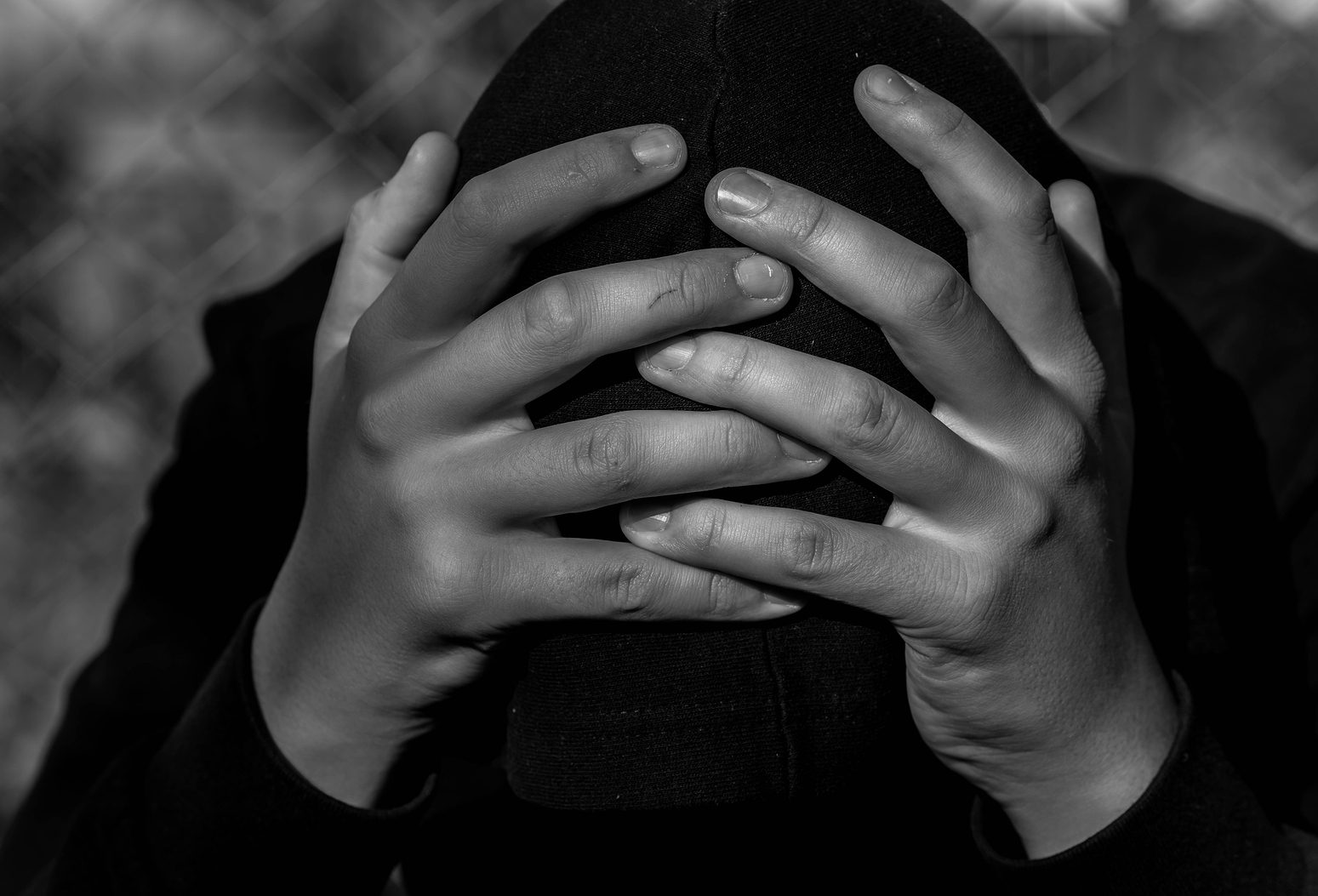by Lindsey O’Laughlin
Black Pennsylvanians were arrested for marijuana possession at more than three times the rate of whites in a five-year period from 2014 through 2018, according to the FBI Uniform Crime Reporting Program.
Marijuana legalization advocates have long argued that drug laws disproportionately affect black Americans.
“I think that it’s imperative to finally put an end to this ridiculous and racist war on cannabis,” said Patrick K. Nightingale, a criminal defense attorney and legalization activist in Pittsburgh.
Black Pennsylvanians make up about 12% of the state population but account for about a third of marijuana possession arrests.
In 2018, there were 23,940 arrests for marijuana possession in Pennsylvania, and 7,655, or 32%, of those arrested were black, according to FBI records.
From 2014 to 2017, black people in Pennsylvania made up between 31% and 40% of all marijuana possession arrests each year.
“Marijuana prohibition has resulted in incredibly disproportionate conviction rates despite persons of color and people who look like me using cannabis at similar rates with each other,” said Nightingale, who is white.
Nightingale, a former prosecutor, is also executive director of the Pittsburgh chapter of the National Organization for the Reform of Marijuana Laws, or NORML.
But as a whole, prosecutors in Pennsylvania don’t support legalization.
Lindsay Vaughan, executive director of the Pennsylvania District Attorneys Association, said the organization opposes full legalization but supports the idea of decriminalization.
“If possession of a small amount was decriminalized, those cases wouldn’t reach the major judiciary,” Vaughan said. “They would be kept at the MDJ (magisterial district judge) level, more akin to having fines and costs, as opposed to the potential for any probation.”
Nine Pennsylvania cities — including Harrisburg, York and Philadelphia — have decriminalized the possession of small amounts of marijuana.
Philadelphia officials are already preparing for legalization.
District Attorney Larry Krasner met with officials such as Jeffrey Hom, a policy adviser in the Philadelphia Department of Public Health, and J. Cobb Scott, a psychiatry professor at the University of Pennsylvania’s Perelman School of Medicine, in a recent forum to discuss the criminal justice and public health implications of legalization, according to a report from WHYY.
Fears and concerns: Opponents of legalization often cite concerns that cases of driving under the influence of marijuana would spike if cannabis were legal and that children and teens would be more likely to use the drug.
There was no statistically significant increase in fatal vehicle crashes in Colorado and Washington in the first three years after those states legalized recreational marijuana, according to a 2017 study published by the American Journal of Public Health.
But in 2018, the Highway Loss Data Institute did report an increase in the overall number of insurance claims for accidents in Colorado, Washington and Oregon.
Even when the Pennsylvania General Assembly legalized medical marijuana in 2016 with bipartisan support, there were dissenters who said medical marijuana would eventually lead to recreational use.
In a 2016 report published by The Philly Voice, state Rep. Jerry Knowles, R-Schuylkill, said he voted against the medical marijuana bill because he was concerned that some proponents were pushing the bill as a means to move closer to legal recreational use.
According to the same report, Knowles said that based on his time as a police officer in the 1970s, marijuana use would lead people to harder drugs.
Help for pain management: There is research to support the argument that legalizing medical and recreational marijuana could ease patient dependence on prescription opioid medication.
Based on an analysis of more than 1.5 billion opioid prescriptions written between 2011 and 2018, researchers from three universities found that opioid prescriptions decreased by 11.8% in states with legal recreational cannabis and 4.2% in states with legal medical cannabis, according to a study recently published in the Journal of Health Economics.
In 2017, the rate of opioid prescriptions in Pennsylvania dropped to 57.7 per every 100 people, a 30% decrease from the 2012 rate of 83.3 per every 100 people, according to the most recently available data from the Centers for Disease Control and Prevention.
There is a push among some state legislators to bring a legalization bill to the floor.
State Sen. Daylin Leach, D-Montgomery, introduced Senate Bill 350, a full legalization bill, in October.
The bill would allow, among other things, personal marijuana use by adults ages 21 or older, home cultivation of up to six plants for personal use and the automatic expungement of prior marijuana-related convictions and commutation of jail sentences from marijuana-related convictions.
The bill is in the Committee on Agriculture and Rural Affairs. It would need to be voted out of committee to reach a floor vote in the Senate, a tough path in a Republican-controlled Legislature.
Criminal justice: If SB 350 were adopted, the expungement and commutation provisions could provide relief to people who have been prosecuted for marijuana possession.
Employers who see a drug charge on someone’s record are often unwilling to distinguish between a marijuana charge and charges for harder drugs such as heroin, methamphetamine or crack cocaine, Nightingale said.
And people with marijuana convictions can lose their jobs, their public housing and their access to federal student loans and private scholarships, he said.
But there are monetary costs associated with a marijuana conviction, too.
“Cannabis consumers represent money for people whether marijuana is legal or not,” said Chris Goldstein, a legalization activist in the Philadelphia and southern New Jersey area.
Defendants arrested for marijuana possession are sometimes referred to drug treatment programs that they don’t actually need, Goldstein said, and those patients pay out of pocket or through health insurance.
“That’s its own kind of scam,” he said.
This is part of a monthly series at The York Dispatch. Each month, Dispatch staffers will delve into a new topic that we believe deserves a Closer Look.










